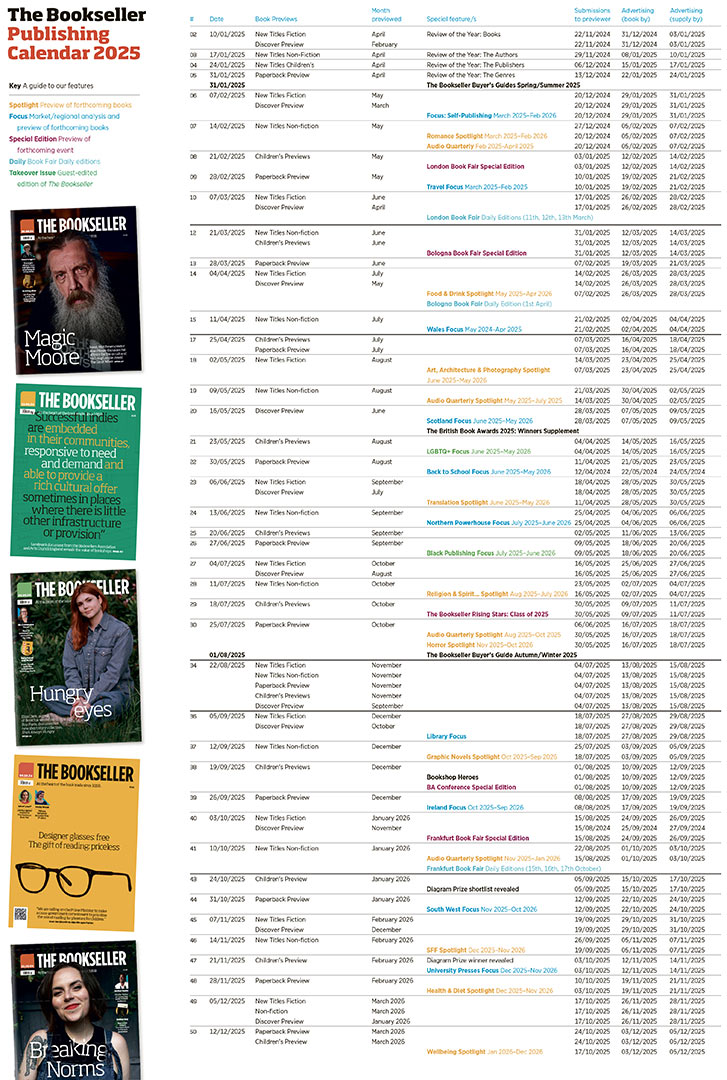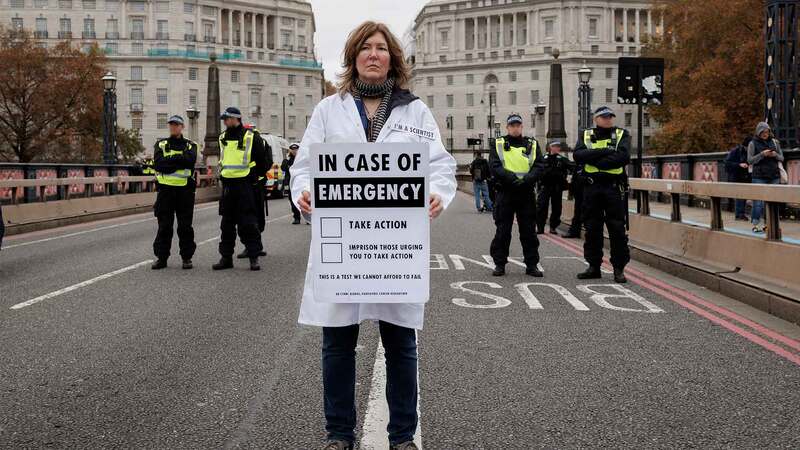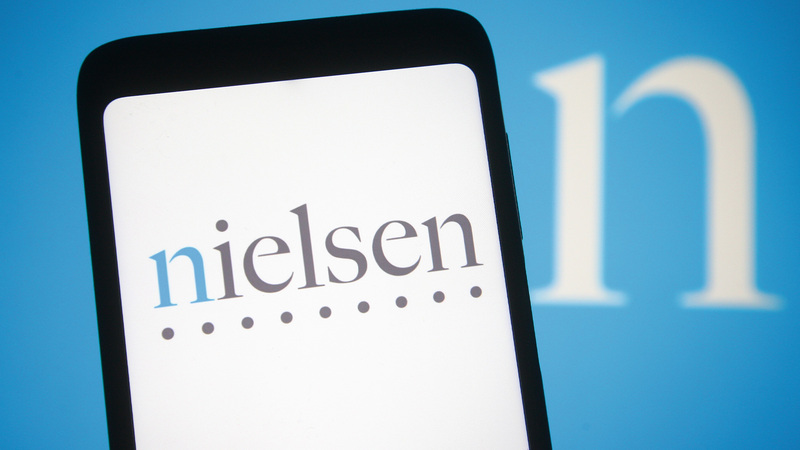You are viewing your 1 free article this month. Login to read more articles.
The Passion of Peter Florence
What’s been your highlight of the festival so far?
It’s an occupational irony that I only get to see the events that I’m chairing, although I sat this morning through the most erudite, engaging, funny, enlightening session with Paul Cartledge and Tom Holland, about Herodotus. Tom made the great point that Herodotus was like a one-man Hay Festival: he was fascinated and absorbed by and celebrated the complete gamut of human achievement. It was inspiring and thrilling.
That’s been replicated in so many of the things I’ve seen. I did an amazing session with Cressida Cowell who, in balancing both the adults in the audience and her natural, young readership, gave a totally accessible masterclass in the art of storytelling. She made the fantastic point about both creative writers and characters that it’s about empathy – that wonderful word that resonates through this whole project.
We had the same kind of conversation with Hilary Mantel. She has the most jaw-droppingly brilliant novel, Bring Up the Bodies, which makes you complicit in the actions of Thomas Cromwell, who did some pretty terrible stuff. But by the time you get to [his] having to condemn to death almost certainly innocent men in order to serve his ludicrously capricious royal master, you go with it, because she has that wonderful skill of connecting the reader and the story.
Obviously readers connect personally with the book, do you think festivals can take them further into that relationship via the author themselves?
What the author does is operate in a weird half-land between reality and the dreaming of fiction, which is not about imagining the world as it exactly was, it’s about imagining the world as a possibility. So there’s a kind of wonder and a magic about authors… and if they are astonishingly articulate about the human condition in a novel that you’ve read, it’s extraordinarily likely… that they will have other interesting things to say about the world and about politics and love and death and the other things that we all care about.
Have you changed the course of an event based on the audience’s reaction during it?
All the time. The thing it’s most like is sitting round a picnic rug and trying to include everyone in the conversation; it’s not like interviewing somebody on the radio or on TV, it’s two people on stage and two thousand people in the audience – they are the third person in the conversation. If you do the job really well the audience will forget you were ever there at all.
You included questions from Twitter in your Salman Rushdie event. Is technology changing the way these events are staged?
We had questions coming in from around the world – it’s quite sexy but it’s still a gimmick. It was also a way of saying: ‘We know you’re listening in Mexico, or we know you’re listening in Delhi, and we’re going to take questions from you, we’re in one big global mediaship – [but] actually it’s a gimmick. It’s not a practical way to go forward.
As far as [how] technology influences festivals, it makes it easier to broadcast: anybody can now put their stuff up online if they had copyright permission. The really interesting thing is that you get more informed audiences. Everybody who speaks at Hay you can probably find online. But no matter how digitally connected we are, no matter how much content we have access to, nothing beats the eyeball-to-eyeball conversation.
Are there things you change about the festival from year to year?
Yes. The moment we finish we sit down for three days and kick the crap out of it. Some of the fixes still don’t work. Can I give an example? Yes, OK: it doesn’t work having simultaneous translation of foreign-language events. It’s a very, very hard thing to do. These people aren’t talking in the way politicians [do]… it’s really easy to simultaneous-translate politicians because they never say anything interesting and you know the language they’re going to use. It’s very hard to simultaneously translate people who basically speak poetry. So we’ve tried consecutive translation; we’ve tried a subtitling thing. None of them are wholly satisfactory but some are less unsatisfactory than others.
Have you taken ideas from other festivals? Which are the best?
We’ve stolen from all the best people. I love the Bristol Festival of Ideas, because it’s continuous and it’s brilliant and it’s the most successful series in Britain by a country mile.
In terms of other literature festivals – most of them are enlivened by engagement by other media; just writers talking all day becomes exhausting, so I like the people who are more creative who mix in music and cinema and all sorts of other art forms. So I love Luminato because it’s cool and they’ve also got the venues – they’ve got ballet halls they’ve got symphony halls they’ve got divey jazz clubs. I love the sheer madness of Mantova. It takes part in the palaces and there are no walls on any of their tents; it’s like an al fresco picnic.
Let’s talk about digital reading. We’ve had events on book jackets, and there’s a traditional bookshop, Pembertons, on site. Are these art forms we will lose?
I think it’s almost impossible for anybody in Britain to argue for the artifact of the book because we just make crap books. Even the very best efforts of Jonathan Cape and Faber & Faber are ugly, mucky things in comparison with what Knopf do. I mean, those guys really make a book that’s beautiful.
But I’m far more interested what’s in the book. The argument that there are e-books and old books and new books and paperbacks – I don’t care and I don’t think in the general scheme of things it matters for anyone what happens in Britain. Smart people will get stories and other smart people will find ways of selling them; I’m sure papyrus makers felt the same about people who started stitching paper – technologies will change, how to tell a story really won’t. You’ll still have people using words to tell stories. Book jacket design might change, but iPad design will also change and get richer and smarter. The people who have the smartest apps in Britain are, drumroll, the British Library.
I notice you’re talking about apps rather than e-books. Are enhanced editions where we’re heading?
More enhanced [editions] will definitely work for reference books, but we’ve got a school system where kids in schools don’t have books, and that has to be more easily and more economically done through the use of technology in the same way that whiteboards replaced blackboards and antiquated teaching aids.
The customer is king and if there are customers in this country who want beautiful hardback books there will be somebody like David Campbell [Everyman’s Library] who will sell them to them. If they want paperbacks there will be somebody like Gail Rebuck [Random House] who will sell them to them. But the author must come to a place where they are getting more control and more money for what they do.
But can booksellers adapt?
It’s a slight comedy that booksellers in Hay-on-Wye want to burn the Kindle – it’s both dumb and unintelligent in a comical way because Hay-on-Wye is one of the places that will benefit from a narrowing of the availability of paper books because more people will actually come here to buy them.
Booksellers will change, sure. I’m quite convinced that even if Waterstones goes down – it might get eaten by Amazon, it might be a high-street shop front, who knows? – independent retailers are more likely to thrive, bizarrely, because where digital really competes is in the mass market. Maybe there won’t be books in Tesco and Sainsbury’s anymore; that will migrate online.
The thing is, nobody knows, and the market will work it out and everybody will adapt to what’s best for the consumer. Publishers will become more valuable in a digital world because where there are no limits to who can publish, the idea of tastemakers – people… who can guarantee the quality will be absolutely vital. I would still pick up any book that was published by Faber & Faber… because it’s a guarantee that it will be a good book. And I could say the same about Chatto & Windus.
Curation is what you’re talking about.
Exactly the word. All sorts of other arbiters will also come into play. The people that nobody trusts is the journalists. Literary journalism is so devalued that it’s been replaced by – and I think this is rather a good thing – people who want to share books that they love. Nobody wants to read about somebody bitching about somebody they’re not as talented as. People don’t buy a book because they’ve read a good review, they buy a book because somebody they like says, “I love this.”
That’s why Hay is interesting as word of mouth. That’s why it’s different from festivals of equal size and glamour and all the rest of it. There are people from every single postcode in the country who buy tickets for this festival, so you have to assume that the outreach is vast. There are people who love books everywhere, and maybe they are one in a thousand people in a given constituency, but if you get them together they will make wonders. There are writers who’ve arrived here totally unknown and left with people thinking they were wonderful: writers like Louis De Bernières, DBC Pierre, Arundhati Roy, Yann Martel, Amanda Foreman, Andrew Roberts…
Is there anyone this year that you think has done the same thing?
I think there will be a whole lot of people who will get the fact that Elif Shafak, the Turkish novelist, is one of the world’s greatest writers. I think there will be some people who will have heard Gerbrand Bakker [Dutch author of The Twin] and Karl Ove Knausagård [Norwegian author of A Death in the Family] who will think, I had no idea there were these geniuses writing – in not very widely spoken languages ... Britain is pluralistic and diverse in its literary taste – to the rest of the world, Britain is a beacon of international publishing.
The festival’s been going for 25 years, how long do you think you’ll do it?
It’s still really exciting on a day-to-day basis. We work now in 15 countries around the world and there’ll be a couple more coming on-stream next year; I have a reasonable idea of where to find what’s interesting, but I’m an absolute newbie in India and South America. I think I am the most fortunately employed person I know, because I can basically hang out and read and go to amazing places and meet extraordinarily inspiring heroes who are life-changing every week of the year, which is ludicrous!
It’s like being both at university and on holiday all the time. I’m also fundamentally unemployable in any other way: there’s nothing else I can do. I wouldn’t want to change this for the world.
Photo credit: Finn Beales and Jeff Morgan














